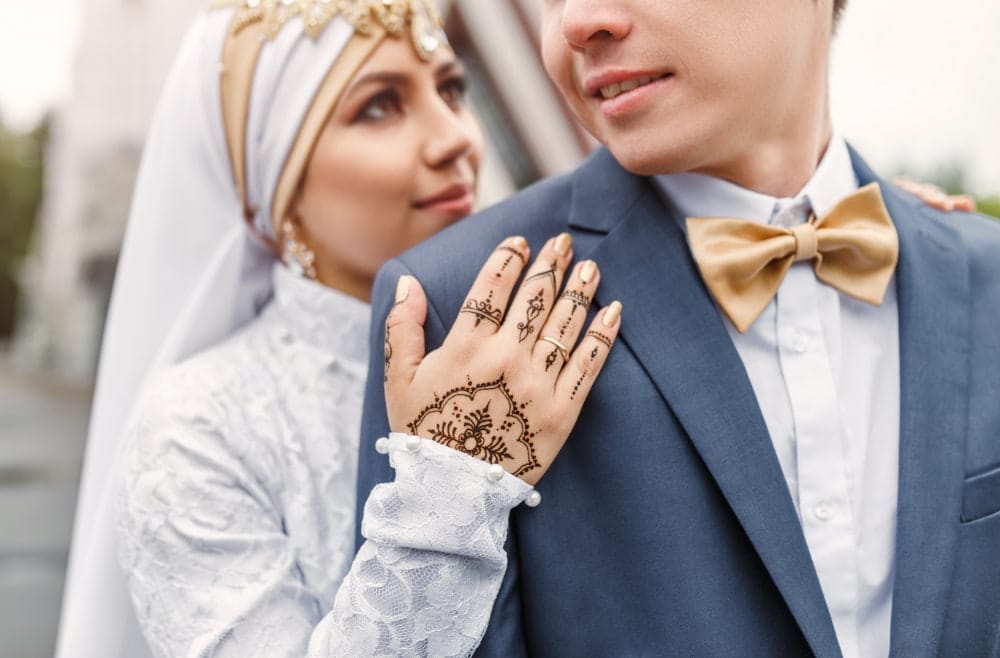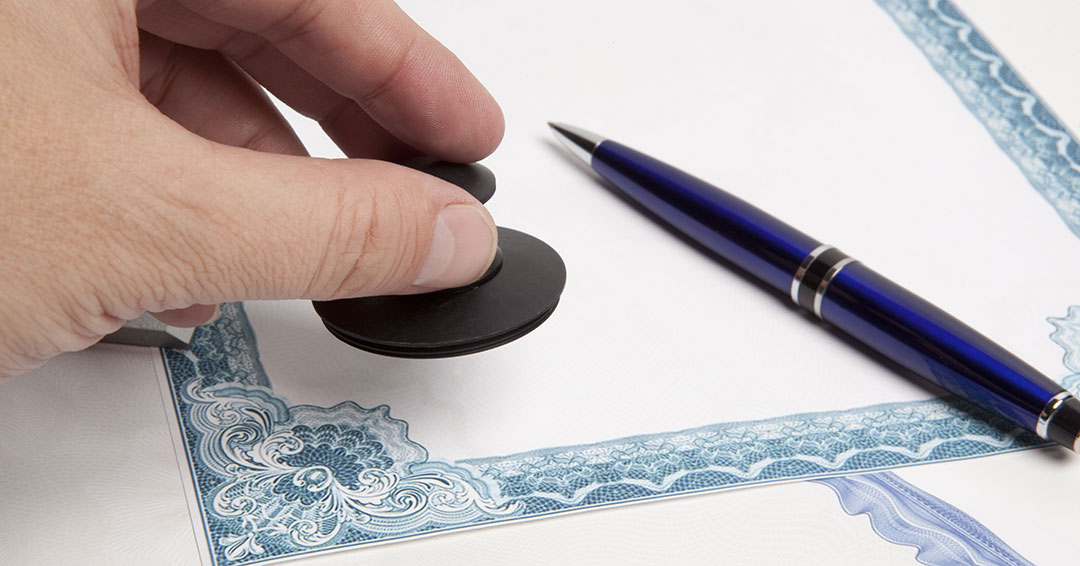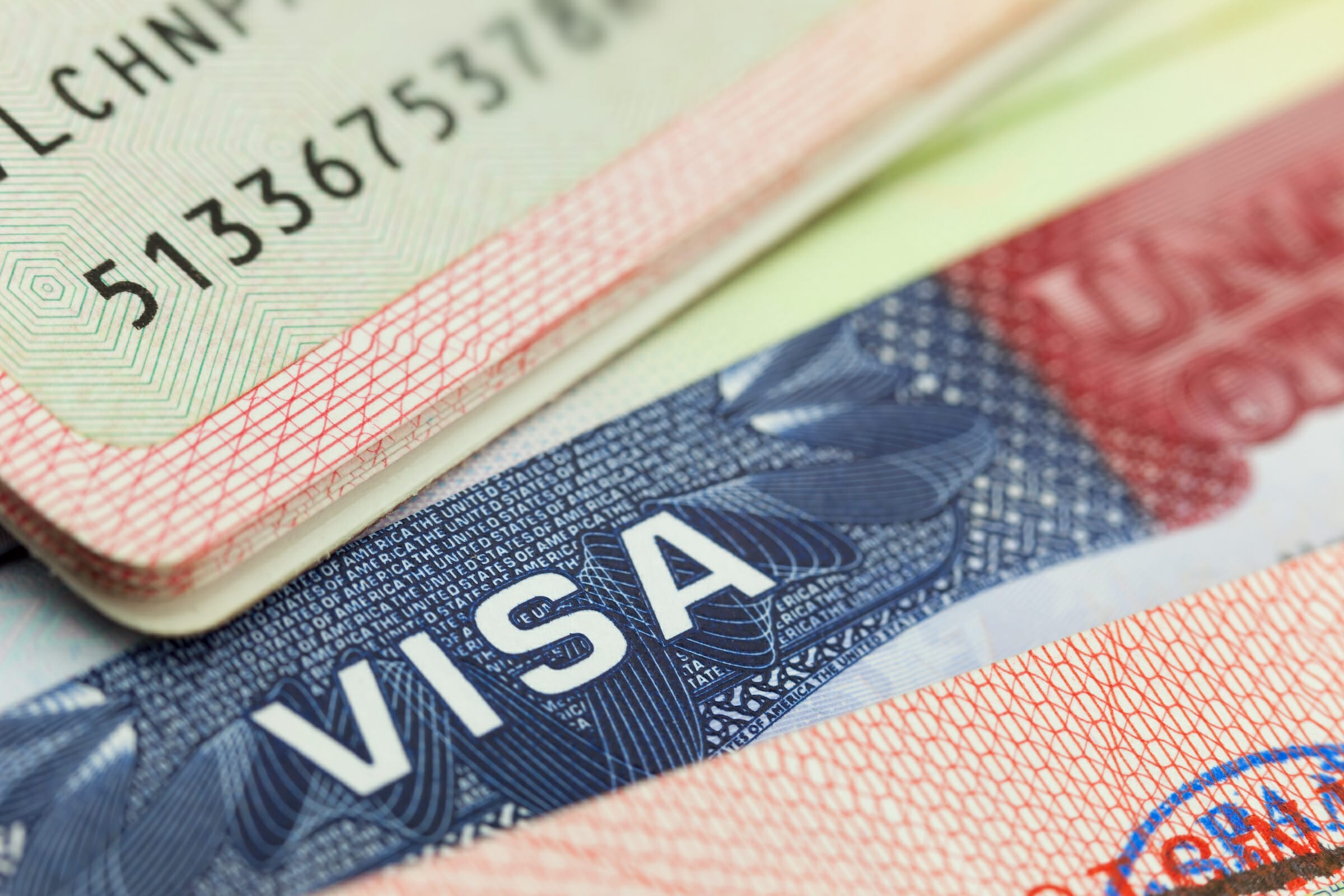Muslim marriage in Thailand sits at the junction of Islamic ritual practice, local Islamic institutions and the Thai civil-law apparatus. For Thai Muslims, mixed-nationality couples and foreigners marrying in Thailand, the central practical challenges are (1) making a nikāḥ that is both religiously valid and administratively useful, (2) understanding how the special southern provinces’ regime changes legal effects, and (3) preparing the consular and translation/legalization trail so the marriage works for visas, property, inheritance and children’s civil status. This guide gives a step-by-step practical roadmap, highlights evidence and timing you cannot skip, and lists common pitfalls with solutions.
Two parallel tracks — religious validity vs civil recognition
A nikāḥ is first and foremost a religious contract under Islamic law: offer, acceptance, mahr (dower) and two witnesses. In Thailand, however, religious performance alone does not guarantee civil consequences (immigration sponsorship, land title, inheritance, child civil registration). For administrative recognition you generally need one or both of:
-
a Central Islamic Council (CIC) or Provincial Islamic Committee certificate of nikāḥ (the recognized Islamic-recording route), and/or
-
civil registration at the district office (amphur) or an amphur extract that Thailand’s civil agencies accept.
Best practice: plan the religious ceremony while simultaneously confirming with the imam and the local CIC/provincial office whether they will lodge official records and whether a civil/ amphur registration is still required for your intended administrative uses.
The southern provinces — different legal consequences
Pattani, Yala, Narathiwat and parts of Songkhla operate under a statutory accommodation of Islamic personal law. In those provinces:
-
Islamic family procedures (marriage, certain divorces, some non-contentious family succession matters) are administered by local Islamic institutions and religious courts with stronger legal force than elsewhere.
-
A nikāḥ registered under the southern provinces’ Islamic framework can have direct local legal effect on custody, maintenance and some inheritance matters.
Outside those provinces the route is typically religious nikāḥ → CIC/provincial certification → amphur registration for civil-law recognition. If you or your spouse will live in the south, consult local counsel: procedures and consequences differ materially.
Who may officiate and how registration works in practice
-
Imam/authorized religious official performs the nikāḥ, records the mahr and secures the two witnesses. Confirm the imam is recognized by CIC or the provincial committee.
-
Central Islamic Council (CIC) issues national guidance, coordinates provincial committees and provides central certification services that many agencies accept. For foreign or mixed-nationality couples CIC certification smooths national administrative acceptance.
-
Provincial Islamic Committees handle local registrations, especially in the south.
-
Amphur (district office) provides civil registration entries used by immigration, banks, land offices and schools.
Before the nikāḥ: confirm with the imam whether they will lodge the nikāḥ with CIC/provincial committee and, where necessary, whether the amphur registration will follow.
Documents you will usually need — start these early
Requirements vary by office and nationality, but expect:
-
Passports (originals + copies) and Thai ID for Thai nationals.
-
Certificate of No Impediment (CNI) or a single-status affidavit from the foreign partner’s embassy — many embassies call this an affidavit of capacity to marry. Obtain early (4–8 weeks) because translation and legalization follow.
-
Previous-marriage papers (final divorce decree or death certificate) — translated and legalized as required.
-
Two independent witnesses (provide ID/passport details).
-
Completed CIC/provincial forms; amphur forms if civil registration is sought.
Tip: embassies usually need appointments and may require police-character certificates in some cases. Start consular steps early.
Translation, legalization and consular chains
If a document is issued abroad you will likely need:
-
Certified translation into Thai (for amphur or Land Office use). Use a translator experienced in legal instruments.
-
Apostille (if your country is a Hague member) or consular legalization via the issuing country’s foreign ministry and the Royal Thai Embassy/Consulate (if your country is not an apostille party).
-
Thai Ministry of Foreign Affairs (MFA) legalization in Bangkok where required by the receiving Thai office.
Make sure the translator’s declaration is signed and, if requested, notarized; some Thai agencies insist the translator’s signature is legalized as well.
Polygyny — permitted in religion, limited in practice
Islam permits polygyny under religious law. In Thailand:
-
Southern provinces: polygynous unions are more likely to be processed within the local Islamic framework.
-
Outside the south: civil-law registration for a second wife is often constrained. Civil benefits (title, social-security, school registrations) may not automatically attach to subsequent wives in the same way as to a first registered spouse. Administrative practice varies.
If polygyny is part of the plan, get location-specific legal advice on registration, property consequences and children’s status—especially important for cross-border families.
Divorce, custody and maintenance — dual pathways
Religious divorce (talaq, khulʿ, or mediated settlements) decides religious status. For civil consequences (custody, property division, maintenance, civil proof of divorce) most parties need civil orders or CIC certification plus amphur filings — unless they are under the southern provinces’ Islamic procedures where some family matters are handled locally by Islamic bodies.
Practical steps:
-
Obtain religious documentation and secure civil confirmations where property, custody or official civil proof is needed.
-
File court or amphur records as required and keep certified translations for cross-border recognition.
Visas, property and children — why registration matters
A nikāḥ that is registered (CIC/provincial and/or amphur) is the documentary evidence immigration, banks, land offices and schools expect. Without civil recognition:
-
spouse visa applications can be refused or delayed;
-
property and inheritance claims may be complicated;
-
children’s civil registration and passport issuance can be obstructed.
Keep multiple certified copies of nikāḥ certificates, translations and amphur extracts.
Cross-border planning & estate considerations
If either spouse has foreign assets:
-
Consider parallel wills or matching testamentary documents in each jurisdiction so foreign courts accept the union and your succession plan.
-
Obtain local counsel in countries where assets sit; coordinate marital property planning and transliteration of names to avoid mismatch across passports, land titles and bank accounts.
Practical timeline (recommended)
-
Weeks −8 to −4: obtain embassy CNI, order translations and begin legalization steps.
-
Weeks −4 to −2: confirm imam, CIC/provincial committee appointment, witness list and amphur appointment if you want civil registration.
-
Week 0: hold the nikāḥ; obtain CIC/provincial certificate and register at the amphur if required.
-
Weeks +1 to +4: submit copies to Immigration, banks, land offices and schools as needed for visas, name changes and property transfers.
Common pitfalls & fixes
-
Informal religious ceremony only — fix: obtain CIC/provincial certification and amphur registration.
-
Delaying consular paperwork — fix: start CNI and legalization 6–8 weeks before the ceremony.
-
Inconsistent name transliteration — fix: pick and use one Thai spelling (and transliteration) across passports, amphur records and bank accounts.
-
Assuming polygyny is uniformly recognized — fix: get locality-specific legal advice.
Practical checklist (to hand to the imam/agent)
-
Originals + copies of passports for both parties.
-
Foreign partner’s CNI / embassy affidavit (translated & legalized).
-
Any prior divorce/death certificates (originals + legalized translations).
-
Two independent witnesses (IDs).
-
Pre-arranged CIC/provincial committee or amphur bookings.
-
Translator or translation affidavit if documents are non-Thai.
-
Multiple certified copies for Immigration, bank, land office use.
Closing practical note
A Muslim marriage in Thailand can — and should — be both religiously meaningful and administratively robust. Combining an authorized nikāḥ with timely CIC/provincial and amphur registration protects spouses and children in immigration, property and succession contexts. For foreigners, mixed-nationality couples, or matters involving polygyny, cross-border assets or potential disputes, early consular engagement, careful translation/legalization and specialist family-law advice will prevent expensive complications later.





